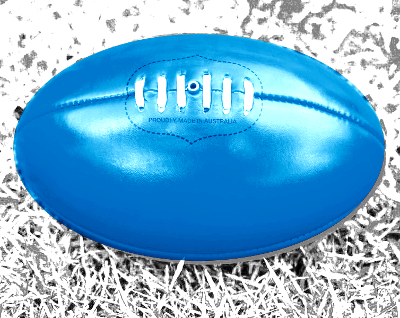Ablett launches action
 Gary Ablett Snr, one of the greatest Australian football players of all time, has launched legal action against the Australian Football League (AFL).
Gary Ablett Snr, one of the greatest Australian football players of all time, has launched legal action against the Australian Football League (AFL).
Ablett is taking action against the AFL as well as two of his former clubs, Geelong and Hawthorn, over concussions suffered during his playing career.
Ablett's lawyers claim that the AFL and his former clubs failed in their duty of care to the player, resulting in the brain damage he now suffers from.
Last year, the 61-year-old underwent a brain scan that revealed the extent of the damage. His lawyer, Michel Margalit, spoke about Ablett's health, saying that he is “not doing well” and has “significant medical and care needs”.
The lawsuit filed by his lawyers alleges that the AFL and the two clubs “knew or ought to have known of the potential long-term consequences of concussion suffered by the plaintiff”, and that their failure to address these risks resulted in Ablett's injury, loss, and damage.
Although the legal team has not specified the amount being sought by Ablett, Margalit confirmed that the case is a “very substantial” one, which could result in “multiple millions of dollars”.
The lawsuit follows a class action launched last month by a group of players who claim to have been permanently damaged by concussions and other head knocks.
Over 60 former players have signed up for the legal action, seeking compensation for pain and suffering, economic loss, and medical expenses.
The issue of the long-term effects of repeated concussions and head knocks in Australian Rules Football has been a subject of debate in recent years.
Late AFL players, including Polly Farmer, Danny Frawley, Shane Tuck, and Murray Weideman, were discovered to have been suffering from chronic traumatic encephalopathy when they died.
The AFL recently pledged $25 million to fund a study into the long-term effects of concussions and head knocks on players.
Former Western Bulldogs premiership star Liam Picken is also suing the league and his former club over ongoing health issues linked to multiple concussions suffered during his career.
Picken alleges that he was allowed to keep playing even though he repeatedly flagged concerns about concussion symptoms, and that he returned below-average cognitive test results as early as 2014 but was still permitted to play on.








 Print
Print